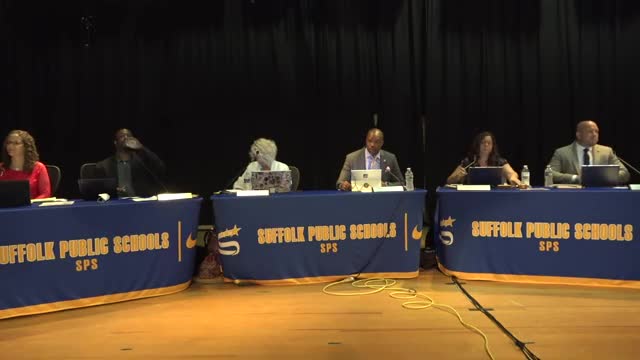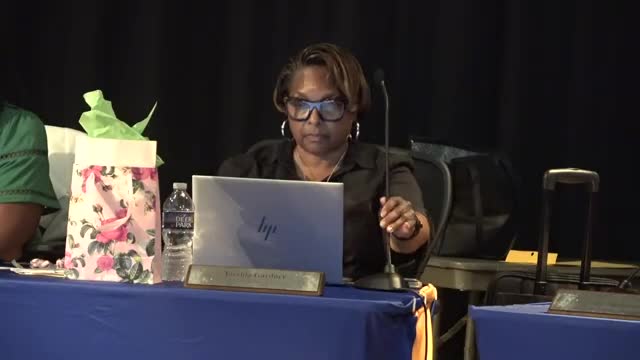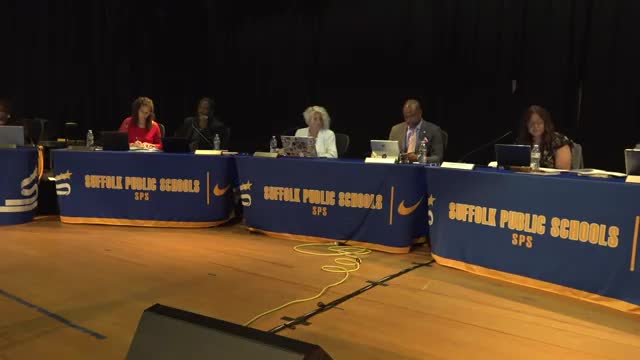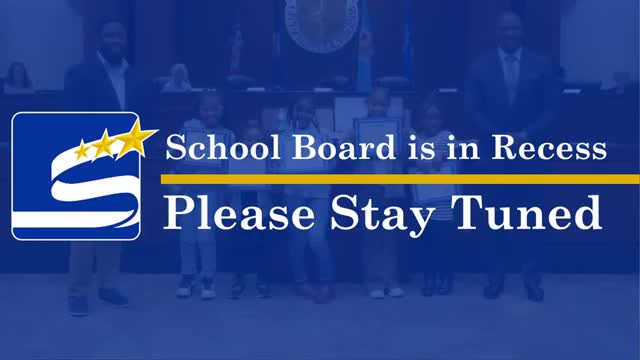Article not found
This article is no longer available. But don't worry—we've gathered other articles that discuss the same topic.

Lakeland High honor graduates limelight: class of 2025 earns $9.5 million in scholarships

Speakers press Suffolk schools for forensic audit and FOIA transparency; athletic and nutrition controls questioned

Suffolk board adopts revised transgender policy; debate centers on training and student supports

